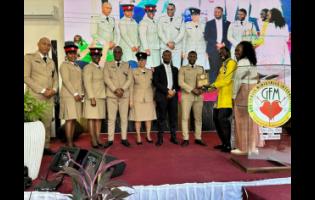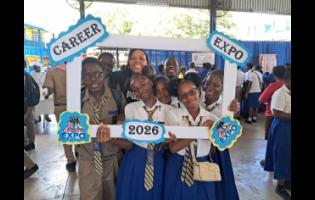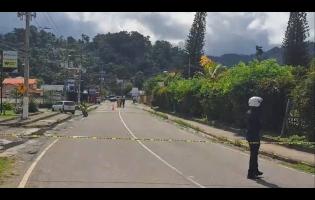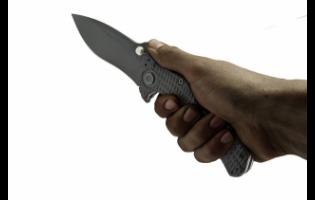Online challenges for students of practical subjects
There is great concern for students doing practical subjects at the secondary level, as classes now have to be done virtually due to COVID-19 instead of face-to-face.
Linvern Wright, president of the Jamaica Association of Principals of Secondary High Schools, said no one was really prepared for the the situation.
"I think that the challenge now is to overcome all of those technical glitches that might intervene in the teaching/learning process. Once people get that going, they will reach some level of effectiveness that is at least satisfactory," Wright told THE STAR.
Wright, principal of William Knibb Memorial High School, says the education, however challenging, is necessary, as students will soon have to sit examinations which will affect their lives. "The real challenge we have is connectivity and the other challenge we have is whether people have the gadgets," he said.
He says there have been meetings to explore what materials are needed for teachers to do demonstrations for the students.
"We are working out rubric for them to see how we can do the work and mark them fairly. That's not to say it's not a difficult thing, because with the transition from doing 'actually' to doing it virtually, many of the technical issues sometimes can come in between the kind of engagement you want as a teacher," he said.
Practical component
Damion Lawrence, vice-principal of St Andrew Technical High School (STATHS), says the practical component of any subject area would be lost.
"When you look at the rubric to assess a meal a student prepares for food and nutrition, taste is one, and also texture, so it's not just the visual. As it relates to clothing and textile, some of the students don't have a machine at home to facilitate the practical. When you talk about welding, there's no student with a welding plant at them yard. How are they going to carry out the practical?" he reasoned.
Lawrence says STATHS would be writing to the education ministry to see how best practical classes could be held physically, specifically for grade 10 and 11 students who will be sitting the Caribbean Vocational Qualification examination.
"I am really worried. It's a competency-based examination. Virtual learning just facilitates the theoretical aspect," he stressed. "You're going to have persons who have some of the certification but can't do anything. And that will create a wider skill gap in the workforce."






































